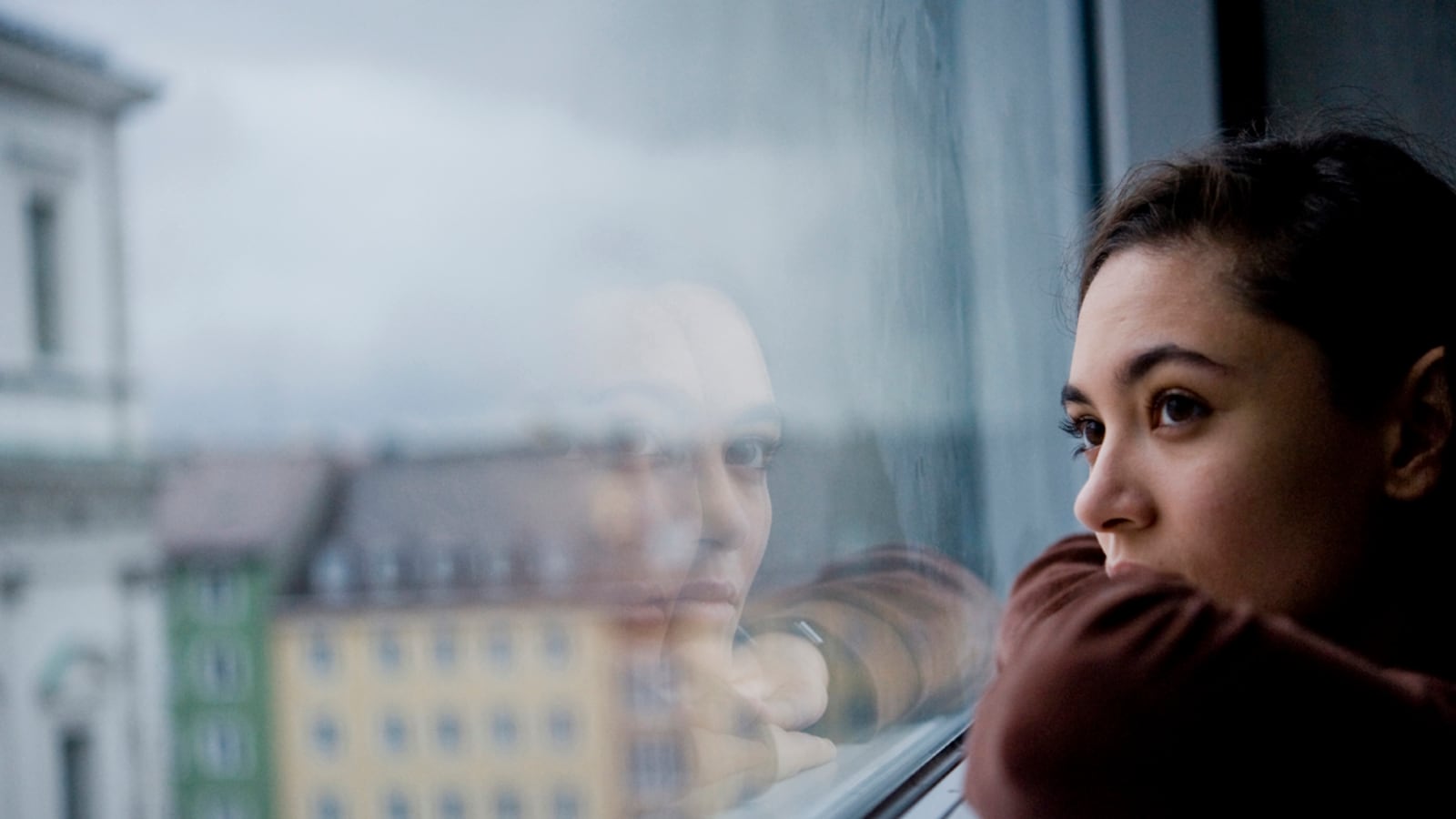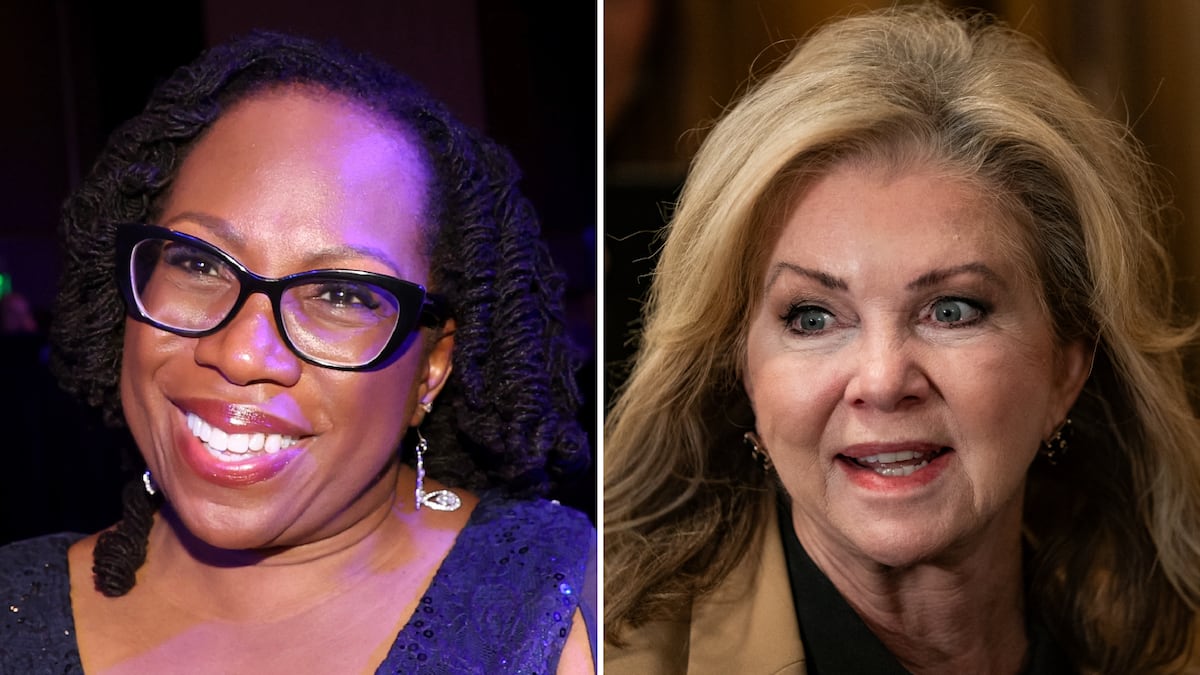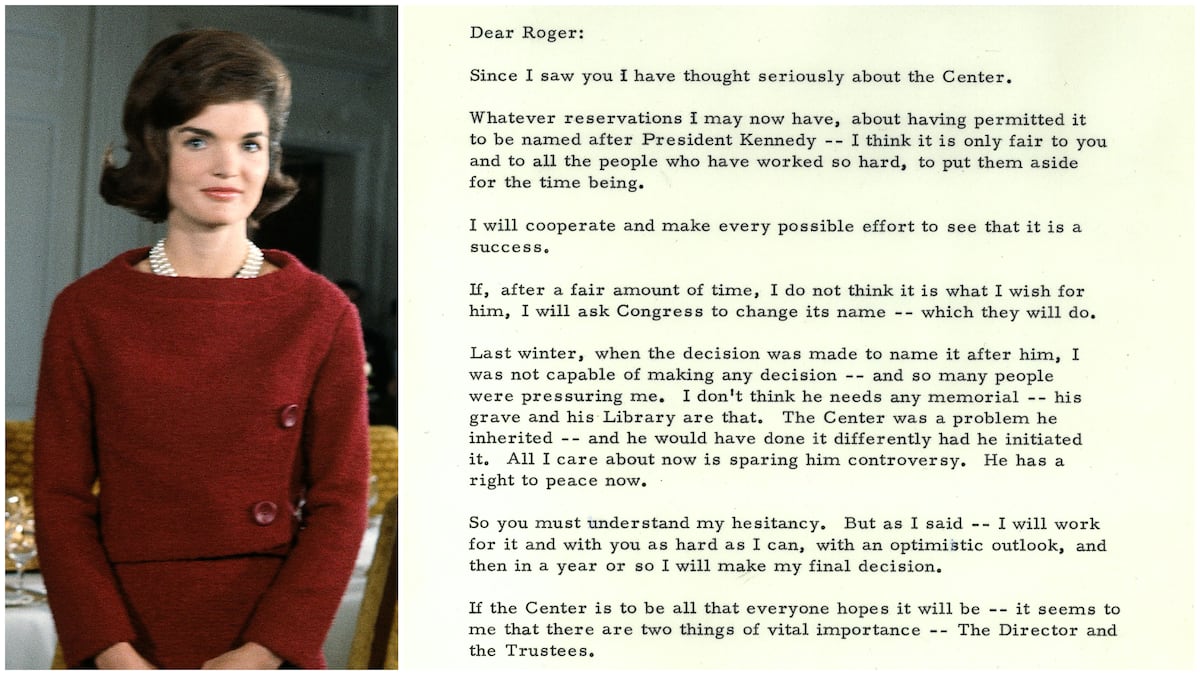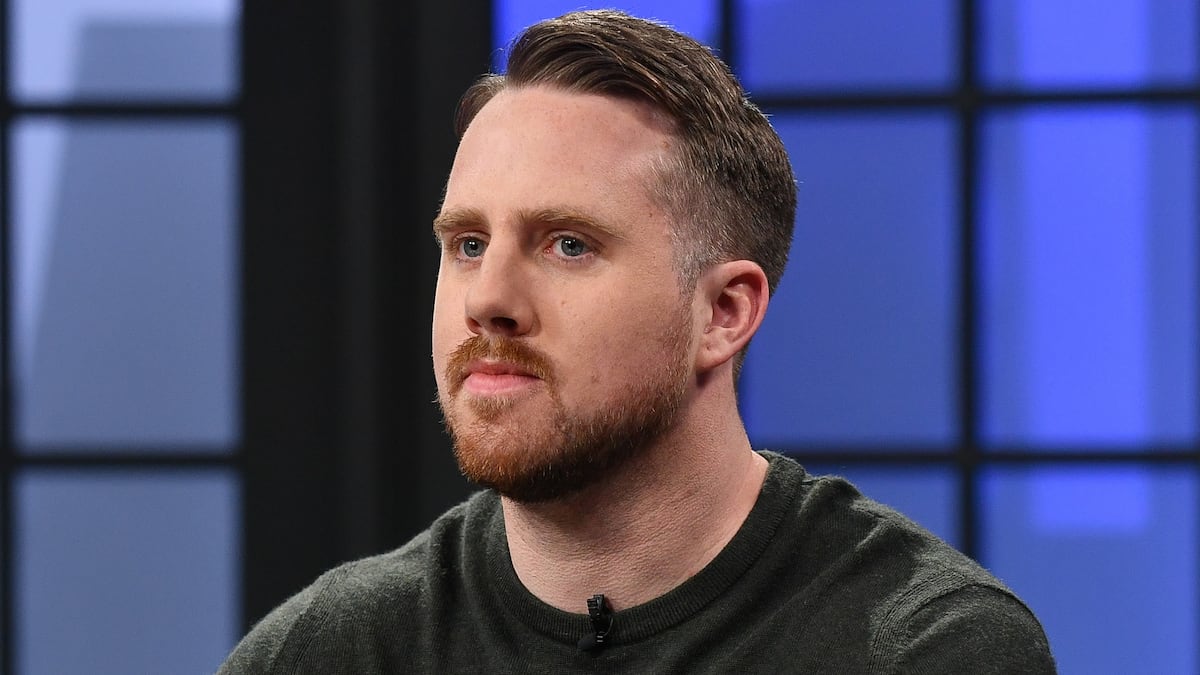Good grief!
This “Charlie Brown moment” has been long in coming. In the past 60 years, since the publication of the first Diagnostic and Statistical Manual of Mental Disorders (DSM) in 1952, mental-health professionals have seen the number of diagnostic categories for psychiatric disorders escalate exponentially. At latest count, there are more than 300. Most recently, members of the American Psychiatric Association are quarreling about whether grief is a disease entity—depression. Will psychiatrists one day consider happiness an illness, give it a diagnostic code number, treat it, and demand reimbursement from insurance companies?
Indeed, such a comic scenario was anticipated in Mel Brooks’s 1977 film, High Anxiety. Sane and innocent psychiatrist Richard H. Thorndyke (Brooks) is framed for murder and admitted to the Psychoneurotic Institute for the Very, Very Nervous. Dr. Wentworth (Dick Van Patten) is determined to declare Brooks’s character insane and commit him to the hospital indefinitely, but he is having trouble finding anything wrong with Thorndyke. When the exasperated patient protests that he is well and a happy person, the good doctor, in his very thick Viennese accent, asks, “How long have you been that way?”
Bereavement is not a pathological condition. It is a healthy human reaction to a loss. Even animals grieve. Bereavement has a set of symptoms similar to depression, including sleep and eating disturbances, low energy, lack of desire for or pleasure in anything, and crying spells, but it differs from depression in intensity, in duration, and, in some subtle ways, in its very nature. Even an “inconsolable” grief-stricken person is accessible to his or her other loved ones. And while the bereaved person may wish to be dead, the depressed person may attempt suicide, and some succeed. Furthermore, uncomplicated bereavement is essentially time-limited; depression is less likely to be time-limited without intervention.

Because of similarities, people tend to confuse these two conditions, which at times overlap and occasionally morph into the other. After recovering from a severe depression, some patients mourn the loss of that annihilating, painful depth of despair. More commonly, though, over considerable time, bereavement can quietly become depression, especially in individuals who are predisposed to it, such as those with a history of unipolar or bipolar disorders, substance abuse, trauma, et cetera. In this group, when bereavement turns into depression, it requires immediate clinical attention and evaluation.
A grieving person should be allowed to mourn. Any attempt to interrupt the bereavement only postpones, if not handicaps, full recovery and the return to some semblance of normal life. This is not to say that the grieving person should be left alone to his or her own devices. Friends and family members must monitor two cardinal functions: continued sleep disturbances and excessive weight loss or gain (more than 5 percent of the patient’s usual weight within a month).
Considering bereavement as a form of depression may result in the unnecessary pharmacological treatment of millions of people. Medications for depression can be lifesaving, but they are not innocuous and sometimes result in severe side effects (weight gain or sexual dysfunctions, for example). But more important, such intervention for a normal human reaction to a loss deprives an individual of one of the most important emotional experiences. We all will go through sad, as well as joyful, times in life. We must have an emotional appreciation of all feelings. An “unfelt life” is not worth living.






